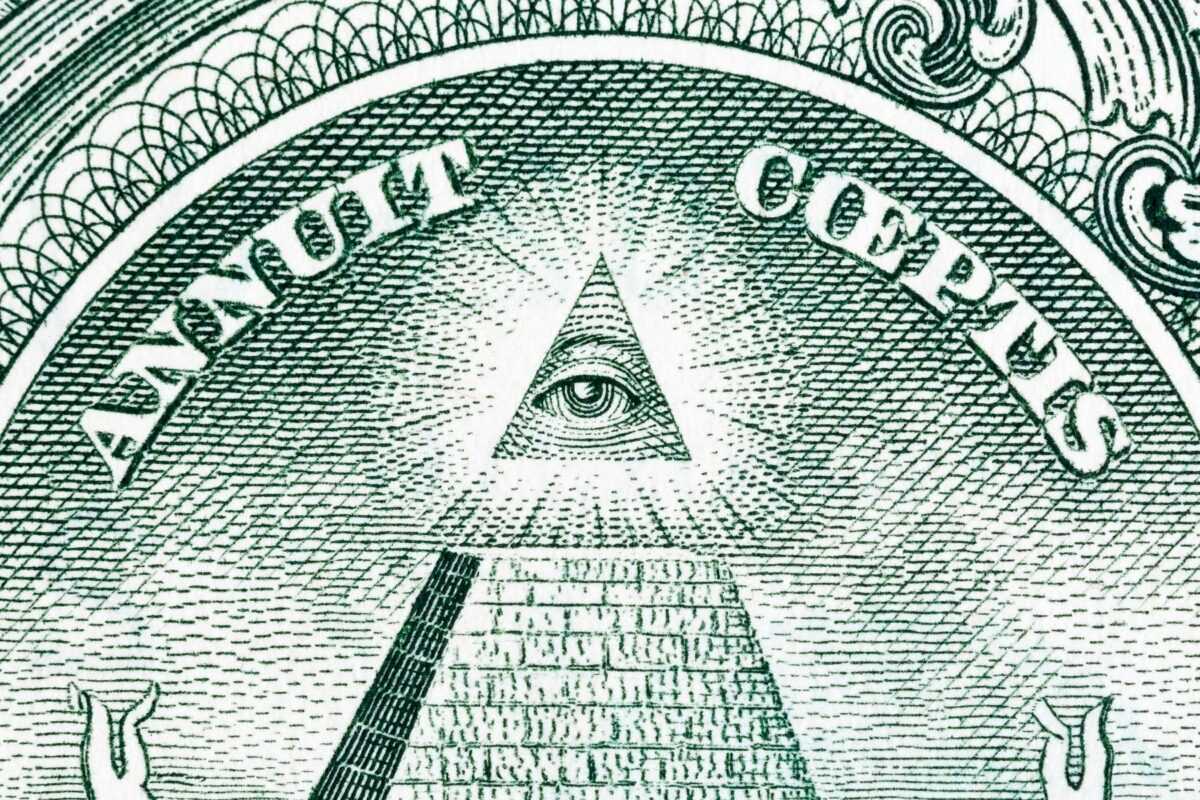Conspiracies, Truth, and Deception: Exploring the Theories That Shape Our Reality
🧠 Welcome to Program9.click – Where You Are Free to Think Beyond
In a world dominated by controlled media, filtered narratives, and algorithmic reality, the word conspiracy sparks curiosity — and often controversy. At Program9.click, we believe in the freedom of thought and the power of independent analysis. This article is not here to convince you to believe or disbelieve — it’s here to help you think deeper.
🔍 What is a Conspiracy?
A conspiracy is a secret plan by a group of people to commit an illegal or harmful act. Some conspiracies are documented historical facts. Others fall under the umbrella of conspiracy theories — claims or beliefs that assert covert plots by powerful individuals or organizations, often lacking solid evidence but rich in speculation and patterns.
The internet age, especially through the lens of centralized social media, has amplified these theories — some for good reason, others dangerously detached from reality.
🧩 Confirmed Conspiracies That Were Once Called “Theories”
1. The Watergate Scandal (1972)
President Richard Nixon’s administration was caught spying on political opponents. The cover-up attempt became one of the most explosive political conspiracies in U.S. history, proving that even the most powerful aren't above deceit.
2. Operation Northwoods (1962)
Declassified documents revealed that the U.S. military once proposed false-flag attacks on American citizens to justify war with Cuba. Though never enacted, the mere existence of the proposal shocked the public.
3. COINTELPRO (1956–1971)
The FBI’s covert operation to surveil, infiltrate, and discredit civil rights movements — including Dr. Martin Luther King Jr. — remained hidden for years. A conspiracy? Absolutely. A theory? No longer.
4. The CIA and MKUltra
From 1953 to the 1970s, the CIA secretly conducted mind control experiments using drugs, including LSD, on unwitting civilians. Dismissed as paranoid fantasy for decades, it’s now historical fact.
🌐 Popular Modern Conspiracy Theories
While some theories are rooted in fact, many are based on circumstantial or fabricated evidence. Here are the most viral ones:
1. The New World Order
A shadowy elite group allegedly controls world governments, banking systems, and media. Common figures include the Rothschild family, Freemasons, and Bilderberg members. While globalization is real, the existence of a singular ruling cabal remains unproven — yet widely believed.
2. Moon Landing Was Staged
Some claim the 1969 moon landing was a film studio hoax to beat the USSR during the Cold War. NASA debunks this thoroughly — but the theory still circulates.
3. Chemtrails
The white lines behind airplanes? Some believe they’re not just vapor trails but chemical or biological agents used for control, climate manipulation, or worse. Scientific consensus calls this a myth — yet distrust in governments keeps the theory alive.
4. 5G and Mind Control
A modern favorite among anti-tech circles. Some claim 5G towers damage DNA, spread COVID-19, or enable mass surveillance and neurological control. Again, there’s no scientific basis — but the fear reflects growing unease with invasive tech.
🤖 Why Do People Believe in Conspiracy Theories?
-
Lack of Trust in Authorities: Widespread corruption has made skepticism the norm.
-
Information Overload: In a digital flood of facts and fakes, people rely on pattern recognition and instinct.
-
Desire for Control: In uncertain times, believing there’s someone behind the chaos feels more manageable than randomness.
-
Tribal Thinking: Sharing beliefs, even extreme ones, builds group identity.
⚠️ Are Conspiracy Theories Dangerous?
Yes — and no.
-
When grounded in truth, they can uncover massive injustices and demand accountability (e.g. Snowden, WikiLeaks).
-
When based on falsehoods, they can lead to anti-science movements, violence, and widespread paranoia.
The real danger lies in blind belief — in either direction.
🔎 Critical Thinking Over Blind Faith
At Program9.click, we don’t tell you what to think — but we empower you to think critically.
Here’s how to recognize bad theories:
-
Extraordinary claims, no evidence.
-
Overuse of emotional language (“they don’t want you to know!”).
-
Overly simplistic explanations for complex events.
-
No room for doubt or opposing views.
And here's how to investigate wisely:
-
Verify sources.
-
Cross-check facts.
-
Be aware of confirmation bias.
-
Always ask: Who benefits from this belief?
🚀 Final Thoughts
Conspiracies exist. That’s a fact. But not everything is a conspiracy. As surveillance increases, media becomes more centralized, and algorithms manipulate perception, the need for alternative, free-thinking spaces becomes urgent.
That’s where Program9.click comes in — not as a conspiracy hub, but as a refuge for independent thinkers. Our mission is to expand the imagination, protect digital freedom, and support your right to ask hard questions.
🗣️ Call to Action: Join the Mindshift
Tired of fake smiles on Facebook, filtered lives on Instagram, and AI-written TikTok trends?
Join Program9.click — a growing network of freedom activists, bloggers, thinkers, and truth-seekers.
🔓 Express freely. Think critically. Create without fear.
👉 Visit Program9.click and start your journey today.
Because truth doesn’t fear investigation.
